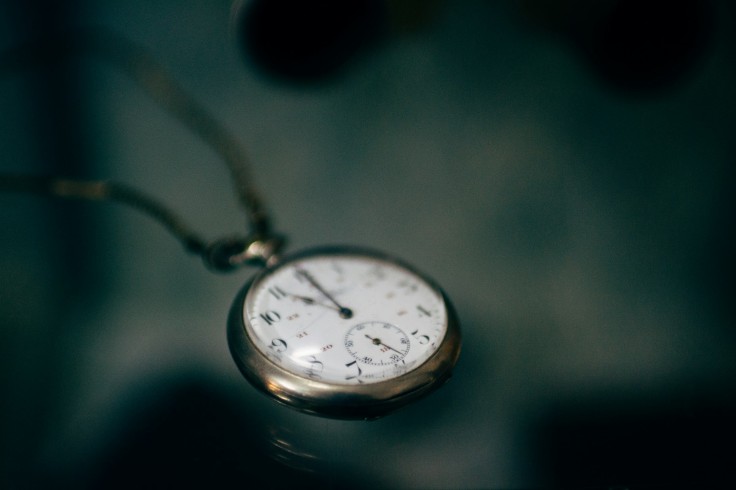
A new mobile application, the Death Clock, claims to predict life expectancy using advanced AI technology. Beyond simply forecasting a potential "date," the app provides users with actionable tips and practices to help extend their lives. This modern iteration builds on an app first introduced for the iPod nearly two decades ago, long before the first iPhone was launched.
Death Clock App Claims It Can Accurately Predict Your Death
The Death Clock app, now enhanced with AI, offers users a futuristic experience rooted in data science. Developer Brett Franson explained in a recent interview with Bloomberg that the app utilizes over 1,200 life expectancy studies to create detailed "life tables." These tables form the basis of the app's predictions, which estimate how long users might live.
Despite its sophistication, Franson emphasized that these results are predictions, not definitive outcomes. The app provides insights into life expectancy but does not guarantee accuracy or certainty regarding the estimated age.
AI's Role in Life Expectancy Predictions
The updated Death Clock leverages AI to analyze numerous studies on life expectancy, aiming to provide users with personalized predictions. Franson stated that the app's primary objective is to inspire users to take proactive measures to improve their health and well-being.
The app, available for an annual subscription fee of $40, also includes a countdown clock based on the estimated life expectancy and offers users tailored advice to help them potentially extend their lifespan.
Artificial Intelligence in the Context of Life and Death
Artificial intelligence is increasingly being integrated into various aspects of life, including the critical domain of health and mortality. Historically, AI has been used to predict life expectancy by analyzing comprehensive data such as medical history, lifestyle choices, and genetic factors, cross-referenced with large databases.
Beyond apps like Death Clock, AI has made significant contributions to healthcare and scientific research. For example, researchers use AI and machine learning to develop cures, discover treatments for diseases, and identify overlooked patterns in medical studies.
However, when it comes to existential questions like the origins of life, AI relies heavily on historical data and existing theories, often lacking definitive answers. The Death Clock app exemplifies AI's evolving role in blending entertainment with practical health guidance, aiming to help users not only reflect on their mortality but also take steps toward a healthier and longer life.










